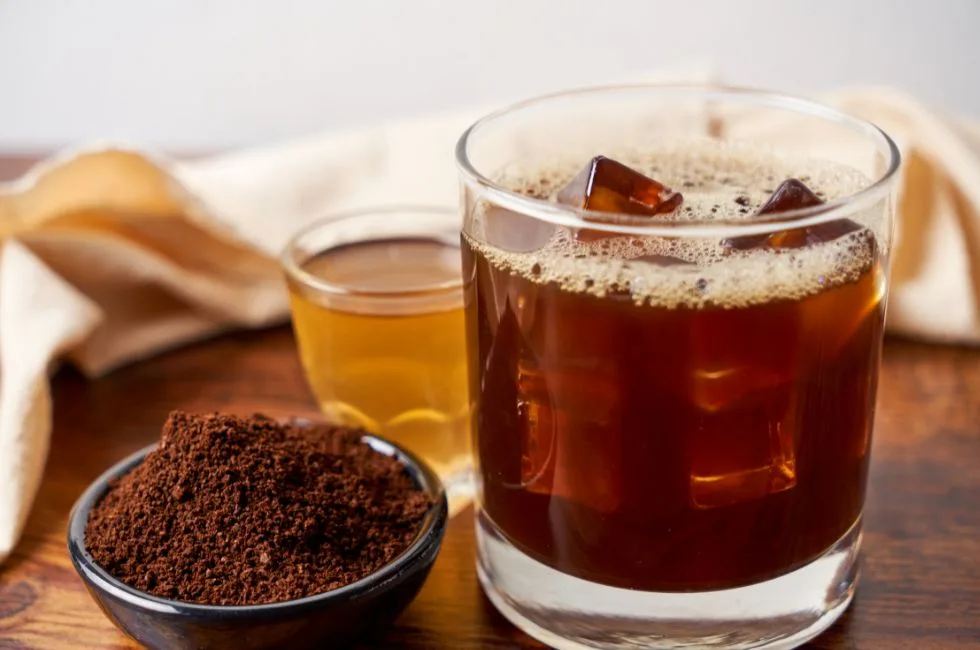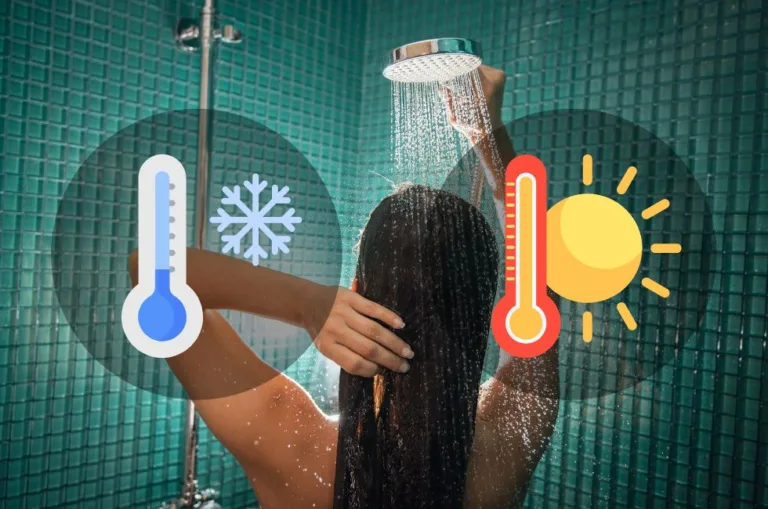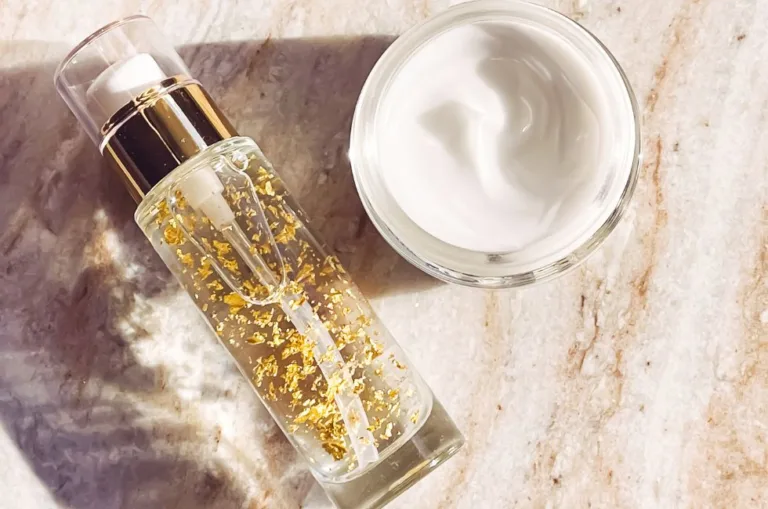If you’re reading this, you might be cuddled up with a hot water bottle, trying to ward off those frustrating period cramps. let’s talk about some natural remedies that can provide relief and are easy to integrate into your routine.
Effective Natural Remedies

Heat Therapy: Sometimes, the oldest tricks are the best ones. Applying heat to your lower abdomen can relax those contracting muscles that are causing your pain. You can use a hot water bottle, a heating pad, or even a warm bath to get that soothing comfort.
Herbal Teas: Sipping on certain herbal teas can work wonders. Think of it as a warm hug for your insides. Teas like chamomile, ginger, and peppermint have natural anti-inflammatory properties that can help reduce the pain.
Dietary Adjustments: Believe it or not, what you eat can affect how you feel. Adding more fruits, vegetables, and whole grains can help, while reducing fat, caffeine, and salty foods might keep the cramps at bay.
Regular Exercise: I know, I know – when you’re in pain, the last thing you want to do is a workout. But gentle activities like walking, yoga, or pilates can actually help reduce cramps. It’s all about getting that blood flowing!
Hydration: Never underestimate the power of staying hydrated! Water can help reduce bloating, which often accompanies period cramps. So, keep that water bottle handy and sip your way to less pain.
Exploring Herbal Pain Relief

Sometimes, the best remedy comes in a cup – a warm, soothing cup of herbal tea.
Chamomile Tea: This is not just your average bedtime brew. Chamomile is like the gentle friend who calms you down when you’re feeling tense. It contains compounds that may help to ease muscle spasms, and it’s thought to have anti-inflammatory abilities that could help reduce the pain.
Ginger Tea: A little bit spicy and full of benefits, ginger tea can be a powerful foe against cramps. It’s been suggested that ginger might as well be as effective as some painkillers for period pain. Plus, it’s great for soothing an upset tummy!
Peppermint Oil: While not a tea, peppermint oil deserves a mention. Just a whiff can be uplifting, but more than that, when used in a massage oil or taken as a capsule, it can help to relax those spasming muscles.
Each of these herbal helpers can be a comforting companion through your menstrual cycle. They’re natural, they’ve been used for centuries, and they can often be found right in your kitchen or local store.
The Role of Diet in Easing Cramps

It’s not just about what you do when the cramps hit, but also how you prepare for them. What you eat can play a big role in how intense your cramps are.
Foods to Embrace:
- Magnesium-rich foods like almonds, spinach, and black beans can help your muscles relax.
- Omega-3 fatty acids, found in fish like salmon and in flaxseeds, are known for their anti-inflammatory properties.
- Fruits and vegetables are high in water and essential nutrients that can help counteract bloating and discomfort.
Foods to Avoid:
- Caffeine and alcohol can increase tension and make cramps worse.
- Highly processed foods, rich in salt and additives, can contribute to bloating and make those cramps feel even more unbearable.
- Dairy can sometimes exacerbate cramps for some women due to its fat content and certain hormones.
Eating a balanced diet not only supports your overall health but can also lessen menstrual cramps. It’s like setting the stage for a smoother period experience.
Physical Activity

We often hear about exercise being a cure-all for just about every health issue, and when it comes to period cramps, it’s no different.
Types of Exercise Beneficial for Cramps:
- Light Cardio: A brisk walk or a leisurely bike ride can increase blood circulation, which helps to relieve cramps.
- Yoga: With its gentle stretches and stress-relieving benefits, yoga can be particularly helpful. Poses like Child’s Pose or Cat-Cow can be especially soothing.
- Pilates: Core-focused exercises can help, as they promote strength and relaxation in the pelvic area.
How Exercise Helps:
- Endorphin Release: Working out releases endorphins, those feel-good hormones that can act as natural painkillers.
- Stress Reduction: Exercise reduces stress, which can worsen menstrual cramps.
- Improved Blood Flow: Regular physical activity improves overall circulation, which can lessen the severity of cramping.
So, even if it’s the last thing you feel like doing, consider some gentle movement—it might just help you feel significantly better.
Staying Hydrated

Now, let’s talk water. It’s not just about quenching thirst; hydration can be a secret weapon against cramps.
How Water Intake Affects Menstrual Cramps:
- Bloating: Staying well-hydrated helps your body avoid retaining water and the bloat that comes with it.
- Blood Flow: Good hydration supports healthy blood flow, and with your uterus getting in on the action, cramps can be less intense.
- Muscle Function: Water helps your muscles function at their best, and since the uterus is a big muscle, it needs hydration to work smoothly.
Tips for Adequate Hydration:
- Flavor Your Water: If plain water is too bland, infuse it with fruits or a splash of juice to make it more appealing.
- Eat Your Water: Yes, you read that right! Foods like cucumbers, watermelon, and strawberries have high water content and can contribute to your hydration.
- Set a Timer: Sometimes we forget to drink water, so setting reminders can be a big help.
Remember, your body loses fluids during menstruation, so replacing them is crucial. Think of water as a nutrient your body needs that you provide in a steady stream throughout the day.
Other Home Remedies and Tips

Aside from teas, diet, exercise, and water, there are a few more tricks you can pull from your sleeve to combat those cramps.
Acupressure: This traditional Chinese medicine technique involves applying pressure to certain points on the body to relieve pain. For menstrual cramps, the point is often located on the inside of the leg, just above the ankle. Applying gentle but firm pressure with your thumb for a few minutes can help.
Stress-Reduction Techniques: Stress can actually make cramps worse. Techniques such as meditation, deep-breathing exercises, or even just taking time for yourself can help reduce stress and potentially lessen the severity of cramps.
Essential Oils: Some women find relief by using essential oils like lavender, clary sage, or rose. You can add a few drops to a bath, use them in a diffuser, or mix them with a carrier oil for a soothing massage.
Warm Lemon Water: Starting your day with warm lemon water can help with cramps. Lemon is rich in calcium and vitamin C, which are known to help maintain and regulate muscle function and may potentially help with cramps.
These remedies are about what feels right for you. Listening to your body is key. If it responds well to a warm bath with essential oils, make that your go-to. Or, if you find that acupressure is your savior, then keep it in your arsenal for when the cramps strike.
Frequently Asked Questions (FAQs)
Absolutely! Diets high in omega-3 fatty acids, fruits, vegetables, nuts, and whole grains can help reduce inflammation and may lessen the pain.
Even just 30 minutes of gentle exercise a few times a week can make a difference. It’s more about consistency and finding a type of exercise you enjoy.
Most herbal teas are safe, but it’s always a good idea to check with your healthcare provider, especially if you have medical conditions or are taking medications.
A good rule of thumb is to drink enough so that your urine is a pale, straw-like color. Also, if you’re thirsty, you’re already dehydrated, so drink up!
Yes, stress can tighten your muscles and heighten the perception of pain. Managing stress through relaxation techniques can be very beneficial.
They can be very effective, especially when used consistently and in combination. However, if your cramps are severe and you find no relief, it’s important to consult with a healthcare provider.




